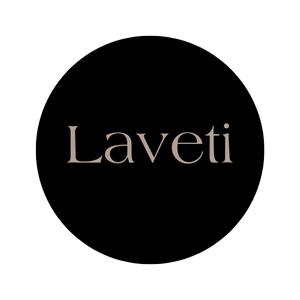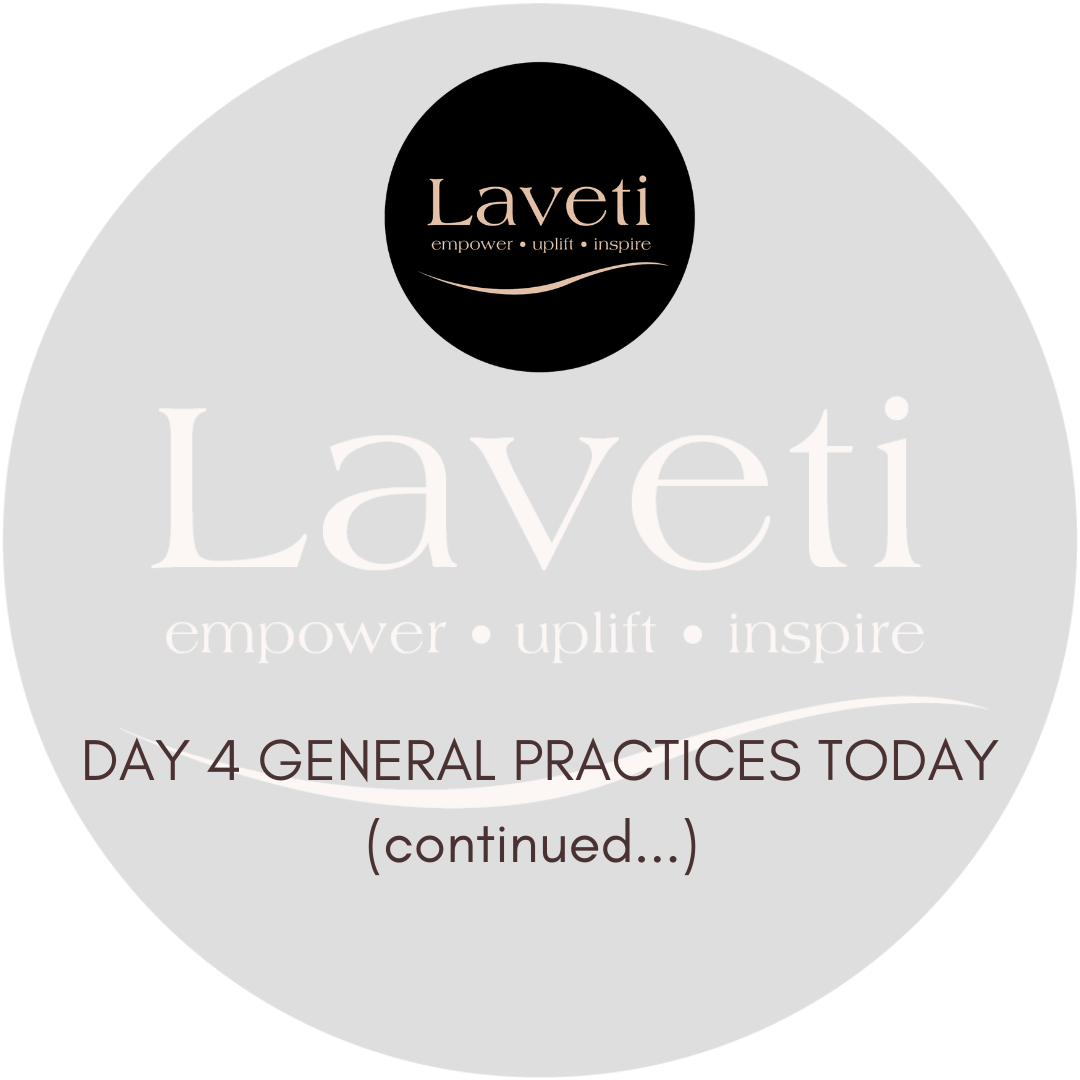Terminology
There are dialect variations in the word for funeral in Fiji. In the Lau islands it is called ‘putu’. On the western side of mainland Vitilevu it is called ‘yabo’ or ‘yaboyabo’. The word denotes that it was practice to actually kiss the corpse of the departed relative. The traditional generic icons are taken to a funeral gathering – a whale tooth, bundled kava roots, raw meat and food groceries. How this offered traditionally will be according to the traditions of the locality. It is the responsibility of the hosts or the deceased’s relatives to provide a meal to groups who pay their respects at the host site. In Nakorotubu in Ra on mainland Vitilevu, the funeral meal provided by the hosts is called ‘muriicegu’ (following the trail of the breath of life’) to symbolize the feast is not partaken in joy but in grief. The maternal relatives of the deceased is of very important significance in many parts of Fiji like in Serua, Namosi, Wainimala and northern Tailevu provinces. In Nadroga and Ba they are referred to as ‘kovana’, ‘vikila’ in Namosi & Naitasiri and ‘lewase’ in Nakorotubu in Ra. In Rewa they are called wekana, in Mamanuca the vǡvū (stress on both vowels). In Tokaimalo in Ra they are known as lewavena. In the northern Tailevu province they are known as weka. The residence of the deceased’s maternal home will also host a funeral service who will also dispatch the notice of death through their networks for all to gather, collect and prepare at the residence before moving as one large delegation to the residence where the funeral gathering is held. If it is at another village, the deceased’s maternal kin will be billeted and catered for separately. They will wait at the billet until they are sent for traditionally by the funeral hosts for the vasu or one’s maternal kins are traditionally the final to pay their respects to symbolize the cycle of life from the womb to the tomb. In Ba, Nadroga, Ra, and northern Tailevu, these are the ones who will touch the corpse and also bury it. In Nailaga village in Ba, a whale tooth is presented to the deceased’s maternal kin by the deceased’s paternal kin to traditionally ask them to dig the grave of their vasu. The whale tooth is called symbolically ‘matau ni lovo’ (the axe at the earth oven). In Nakorotubu Ra, they separately offer a different whale tooth to the deceased’s maternal kin for:
- Handing the deceased over to the maternal kin
- The digging the grave
- The handling the corpse and burying it
Source: Simione Sevudredre




